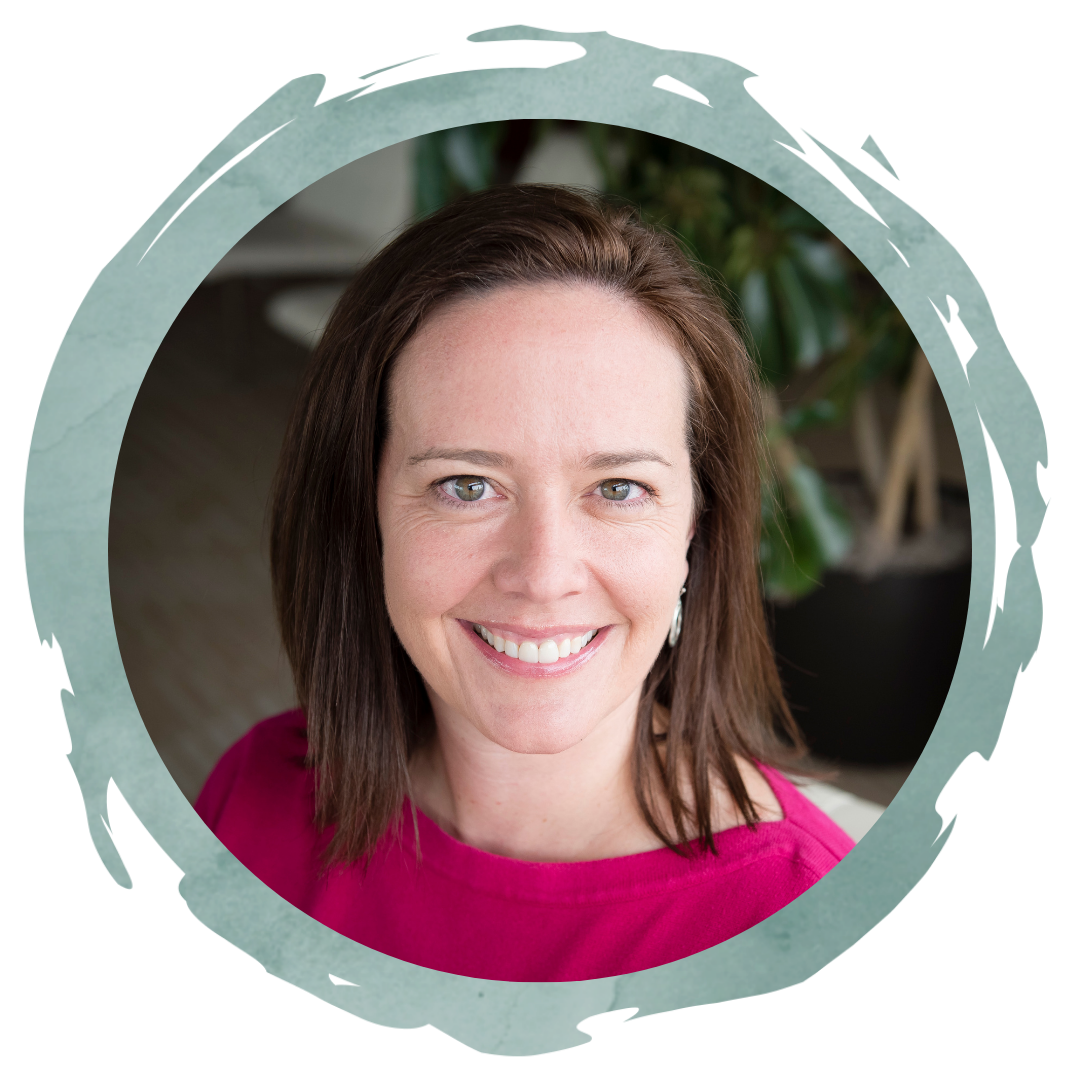The Joy of Co-Learning and Mutual Accountability
Brittney Gaspari, Vice President, Winston-Salem Community Foundation
Trust based philanthropy gave us a framework to bring together many of the values we had been building for years, especially in relationship to our racial equity work and emergent learning processes. We’re currently in a place of trying to co-create different realities rather than simply respond to proposals, and we’re getting there little by little.
In one example, we recently invited an executive director of a statewide organization to be in conversation with us about the work she’s looking to do in our county. The trust-based principles gave me the confidence to just ask, without dancing around the money discussion: “What do you think your vision would cost?” Then instead of giving her an application to fill out, or telling her to come up with a proposal, our team paused and thought about what we really needed from this organization. We hadn’t seen their financials, so we requested that. Their board list is on their website, so we knew we didn’t need to ask for that. Then I gave her the option to either write a proposal or work together on a writeup. We ended up working together, using an Emergent Learning tool, which has been transformative for the way we think about our grantee partners. It’s a transparent process that involves asking a series of questions to harness and speed up group learning. It leads everyone to think collaboratively about what needs to be done to achieve certain results, and what is needed to sustain them. We hope that approaches like this will lead to greater learning relationships with our partners.
I’m interested to watch our organization and the field shift more to focus less on compliance and rules, and more on trust and mutual accountability. For our institution, that shift connects to the racial equity work we started doing over the last four years. We’ve been challenging white dominant culture, and many of the norms that are often taken for granted as “best practices” in philanthropy. We do this with our grantee partners and internally. On a personal level, I try to consider how my positional power in the organization and my whiteness might be impacting my relationships with other staff and leadership. None of this, of course, happened over night, and has required long-term and intentional work as an entire organization.
A lot of people are challenged by the trust-based approach at first, because it’s so different from how things have been done, especially in philanthropy. A lot of us are unlearning (and relearning) our roles in philanthropy, to move beyond being just due diligence providers. It takes intentionality, humility, and new skill sets to establish the trust and relationships to do this work. The good news is that job satisfaction has never been higher on our program team. With more access to connection, value, and depth, we are more rewarded in our work than ever.

